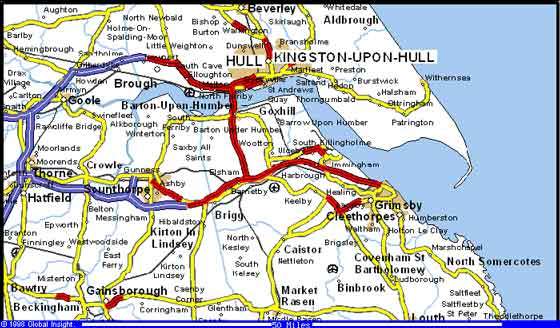Novartis Pharmaceuticals’ active pharmaceutical ingredients (API) plant complex in Grimsby, West Yorkshire, was first established in 1951.
It formed part of a local chemicals cluster in the area and was one of Ciba Geigy’s main manufacturing sites before the company merged into the new Novartis Group.
The plant remains a major exporter, selling more than 90% of its output abroad. The Grimsby site has received awards for export performance as a result of its success.
Novartis Pharmaceuticals API plant
Novartis made investments in the Grimsby area in the mid-1990s, completing major projects. Its investment was spread over a number of years from 1992 to 2000, mainly in small and medium-sized projects. It also supported a large project that was completed in 1994.
To enhance its API manufacturing capabilities, Novartis erected a multi-product plant for the manufacture of bulk pharmaceutical chemical intermediate and API. The plant featured special reaction suites, including hydrogenation, a complex intermediate bulk container (IBC) handling system and an information management system.
The plant also had environmental alterations to improve not only the safety of the plant’s workers, but also pollution levels. The chemicals industry in the area had been under severe pressure from the environmental lobby to reduce its pollution output, and this pressure reflected in rising environmental standards.
Small and medium-sized projects at the site
In April 1996, Jacobs Engineering was given a contract to undertake the engineering, design and procurement; project management; and construction management works for the small and medium-sized projects planned at the site. The work was mainly handled from Jacobs Engineering’s Manchester office, as well as the on-site office.
There were also several smaller projects at the Grimsby site. In 1996, Ciba decided to spend $35m on expanding its production of triclosan. This doubled the company’s overall production, spread over the two sites at Grimsby and Basle.
Since the company’s merger, the future of some of its agribusiness at Grimsby has come into question, but this is not expected to affect the pharmaceuticals intermediates business.




